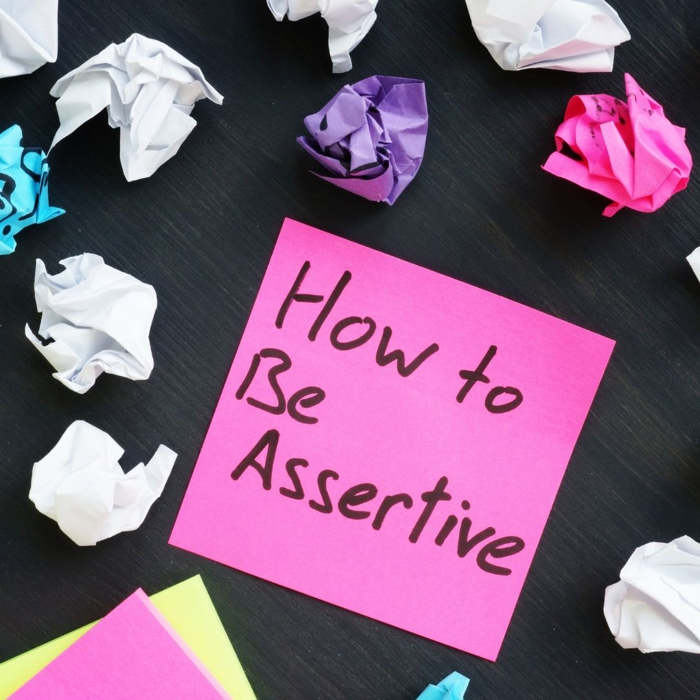
Aquaphobia comes from the Latin "aqua" meaning "water" and the Greek "phobia" meaning "fear". It is a common phobia. It is characterised by a panic and unreasonable fear of water. This anxiety disorder, sometimes referred to as hydrophobia, can be disabling in everyday life, and in particular can interfere with the sufferer's leisure activities. A person suffering from aquaphobia will often not be able to get into the water, even if they have feet, and being near water will be an ordeal.
What is aquaphobia?
Water phobia is an uncontrolled fear and aversion to water. The anxiety disorder manifests itself in large bodies of water such as an ocean or a lake, but also in watery places that are under human control such as swimming pools. In some severe cases, the aquaphobic person is also unable to get into a bathtub.
Aquaphobia manifests itself to different degrees in different patients. But it should not be confused with a simple feeling of insecurity because one cannot swim or does not feel comfortable when one is not on foot, for example. In fact, in this type of case, it is a legitimate apprehension and not an aquaphobia.
Causes of aquaphobia: why am I afraid of water?
The reasons that can most often explain the panic fear of water in adulthood, are most often related to a psychological trauma dating back to childhood:
- An accidental fall into the water ;
- a drowning in the child's environment
- a memorable story overheard during a meal;
- or a parent with aquaphobia.
Often the trauma occurs when the child does not yet know how to swim, which further increases the feeling of insecurity and loss of control. Being pushed into a swimming pool at a young age or holding one's head under water for a long time as a child's "game" can sometimes leave traces in adulthood.
The symptoms of aquaphobia
Disproportionately high levels of anxiety in the vicinity of water indicate that a person is suffering from aquaphobia:
- The idea of being confronted with swimming or going out to sea on a boat puts you in a state of high anxiety;
- When you are near water, your heart rate increases;
- You have tremors;
- Sweating;
- Buzzing;
- Dizziness;
- You are afraid of dying
For some aquaphobics, the simple fact of being splashed or hearing the splash of water can trigger a state of acute stress, leading the person to decline all water-related activities.
Swimming pool courses to overcome aquaphobia
Lifeguards offer courses for adults adapted to the different degrees of aquaphobia in order to overcome the fear of water. These small group sessions are also open to people who simply want to become more comfortable in the pool.
Each participant, accompanied by a professional, will be able to tame the aquatic environment at his or her own pace thanks to breathing, immersion and floating techniques. Over the course of the lessons, some aquaphobes will be able to put their head under water and overcome their fear of depth.
Contact your local swimming pool or town hall to find out if there are any swimming lessons or aquaphobia courses near you.
What treatments are available for aquaphobia?
Cognitive behavioural therapy can also be effective in gradually improving tolerance to stressful situations and reducing the level of anxiety linked to fears.
Psychotherapy can also be useful in understanding the origin of the phobia and thus succeed in overcoming it.





